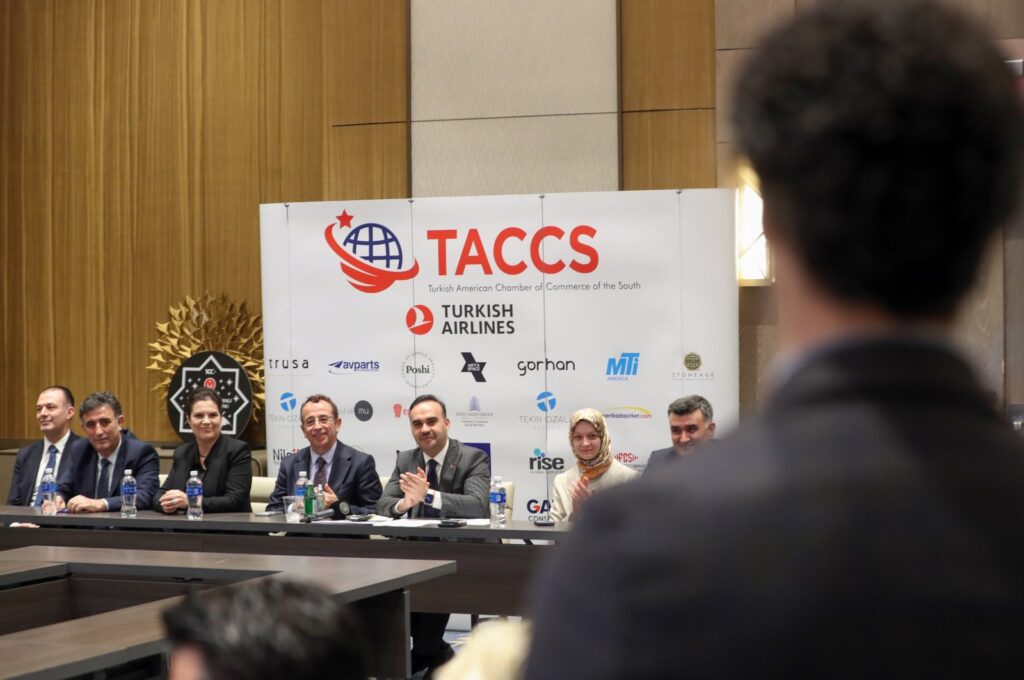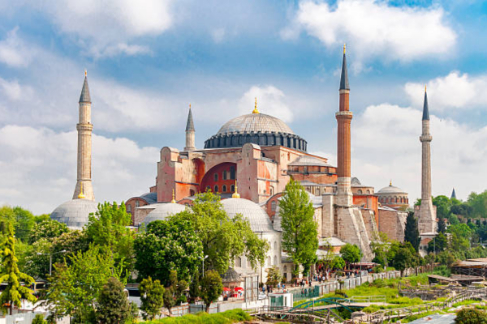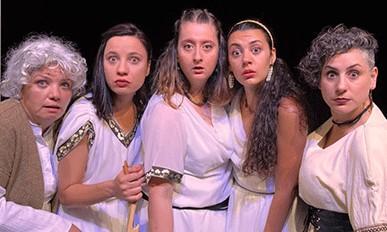Paris Olympics 2024: France imposes ban on hijab for athletes
- United Nations criticizes the ban, emphasizing women’s rights
- French government defends the ban, citing principles of secularism
France has ignited a global debate after announcing that its athletes will be prohibited from wearing the Muslim hijab during the upcoming 2024 Paris Olympics. The United Nations (UN) has expressed its opposition to dress codes that restrict women’s choices, highlighting the importance of individual freedom. French Sports Minister Amelie Oudea-Castera reiterated the government’s stance against displaying religious symbols during sporting events, emphasizing the need for neutrality in public services. However, the UN’s rights office spokeswoman, Marta Hurtado, emphasized the need to avoid imposing dress codes on women.
France’s Stance on Secularism and Discrimination
France’s ban on the hijab at the Olympics is rooted in the country’s strict rules on secularism. These rules aim to maintain state neutrality in religious matters while safeguarding citizens’ freedom to practice their religion. The wearing of “ostentatious” religious symbols is prohibited in certain contexts, such as state schools and by civil servants. In 2010, full-face coverings were also outlawed in France. The Council of State further upheld a ban on women footballers wearing the hijab in June.
UN’s Opposition to Dress Codes
The UN has underlined its opposition to discriminatory practices against women, asserting that no one should dictate what women wear or do not wear. According to the international Convention on the Elimination of All Forms of Discrimination Against Women, states should work towards eliminating social and cultural patterns based on gender superiority or inferiority. Hurtado emphasized that discriminatory practices can have harmful consequences for specific groups. While the UN recognizes the need for restrictions on religious expressions in certain circumstances, such limitations should be necessary, proportionate, and address concerns of public safety, order, or health.
The Controversy Unfolds
France’s decision to ban the hijab at the Olympics has sparked controversy and garnered international attention. Critics argue that the ban infringes upon individual freedom of religious expression. They argue that athletes should have the right to compete while wearing attire that aligns with their religious beliefs. Supporters of the ban maintain that it upholds the principles of secularism and prevents any form of proselytizing during the games.
The debate surrounding the hijab ban at the Paris Olympics raises significant questions about the intersection of religious freedom, individual rights, and cultural norms. As the event approaches, the world watches to see how the controversy unfolds and whether any adjustments will be made to the ban.






